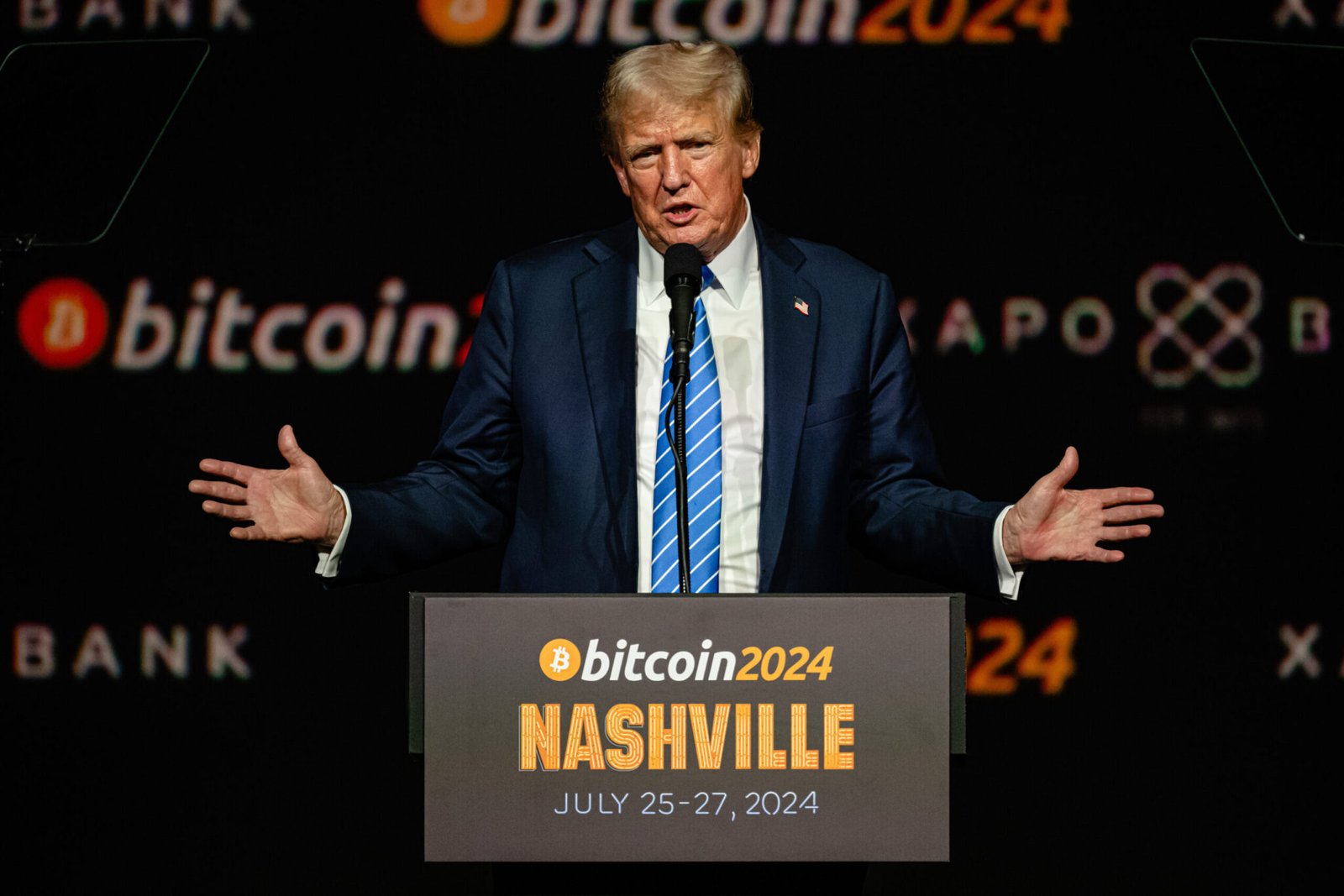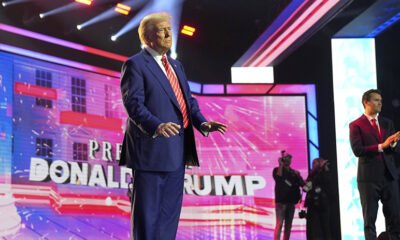Andrew Ferguson
Trump’s Tech Appointees Declare a New Era of Deregulation, But Industry Insiders Disagree

President-elect Donald Trump is positioning himself for a pro-deregulation tech era, as several recent appointments signal a shift in the industry landscape. His selections, including key roles in the Federal Trade Commission (FTC) and Securities and Exchange Commission (SEC), are expected to facilitate competitive growth domestically and internationally, according to industry executives.
Trump has nominated FTC Commissioner Andrew Ferguson to chair the commission, succeeding Lina Khan, a figure known for her aggressive stance on Big Tech regulation. Ferguson will work alongside antitrust expert Mark Meador, and both are anticipated to pivot the FTC’s focus toward allegations of “censorship,” a prominent issue raised during the election.
In another strategic move, Trump selected Paul Atkins, a cryptocurrency advocate, as the new chair of the SEC. Additionally, former PayPal executive David Sacks has been tapped for the newly created position of “AI and crypto czar.” This reflects Trump’s evolving stance on digital currencies; previously critical, he now aims to position the U.S. as a leader in the crypto sphere.
Trump’s recent interactions include a meeting with SoftBank CEO Masayoshi Son, who announced a $100 billion investment in U.S. projects, particularly focused on artificial intelligence. This significant financial commitment underscores a growing sentiment within the tech industry, highlighting optimism about future investments under Trump’s administration.
Experts like Dev Nag, CEO of AI automation company QueryPal, note that these appointments signal a return to traditional Republican deregulatory policies, termed “techno-pragmatic nationalism.” This approach aims to secure the U.S. competitive edge in the global tech landscape, reportedly tightening barriers against foreign tech entities, especially from China.
According to Yashin Manraj, CEO of Pvotal Technologies, Trump’s new strategy may lead to the undermining of tech industries in regions such as the European Union, which expected stricter regulations under Vice President Kamala Harris. He noted that while there was progress during President Joe Biden’s tenure, the resulting regulations led to uncertainty within the tech sector.
Investment from organizations like SoftBank suggests increased readiness within the industry to innovate under a Trump presidency. The approach is notably different from Trump’s previous term, where he relied on politically driven advisors, shifting now toward a “new generation of technocrats.”
This reformation is being greeted positively in the tech community, with many companies that have been stagnant for years starting to ramp up operations. Nag anticipates significant advancements in AI technology, potentially leading to its rapid integration across various sectors and infrastructures.
However, both Nag and Manraj caution that as advancements accelerate, balancing innovation with necessary governance will be critical. The challenge will be maintaining safeguards while promoting technological progress, ensuring the U.S. remains both competitive and resilient in the evolving tech landscape.


















